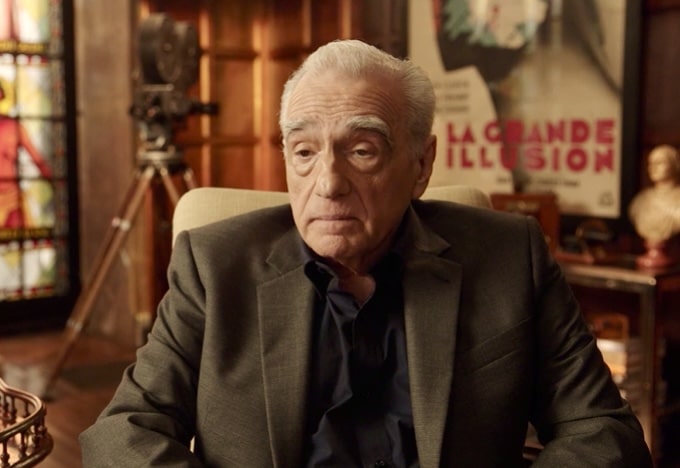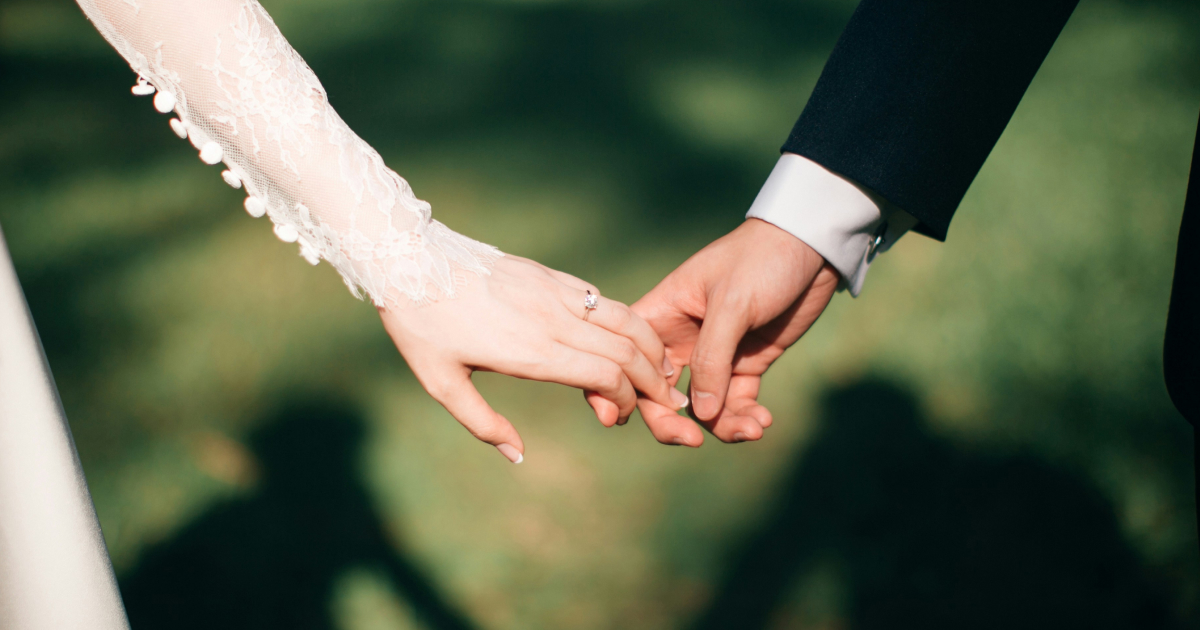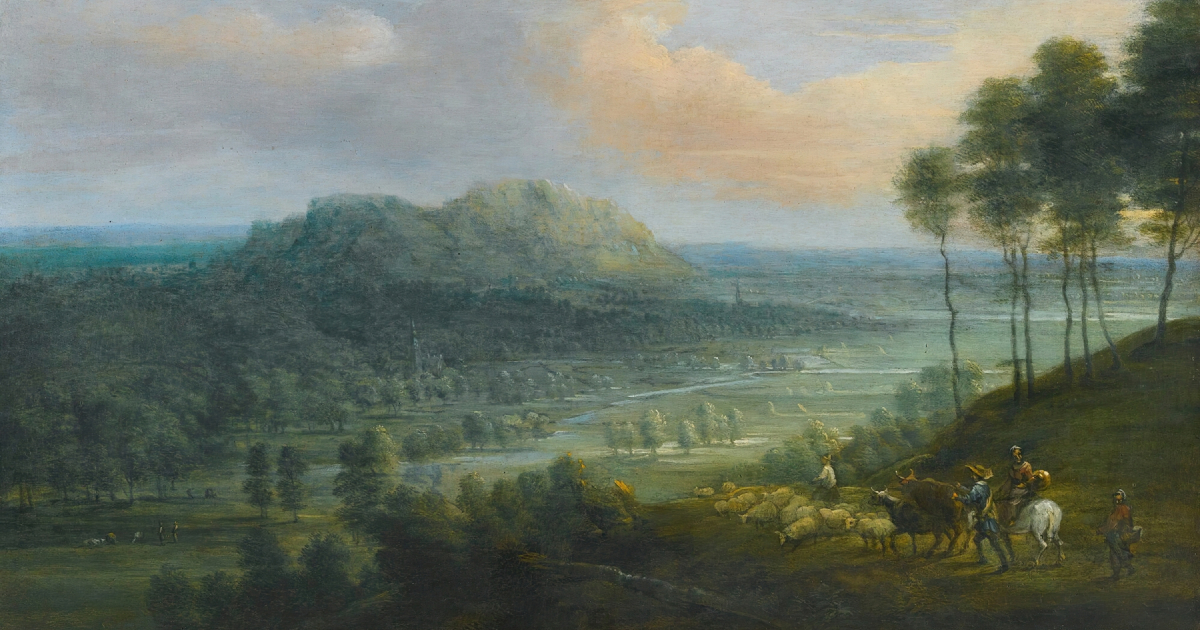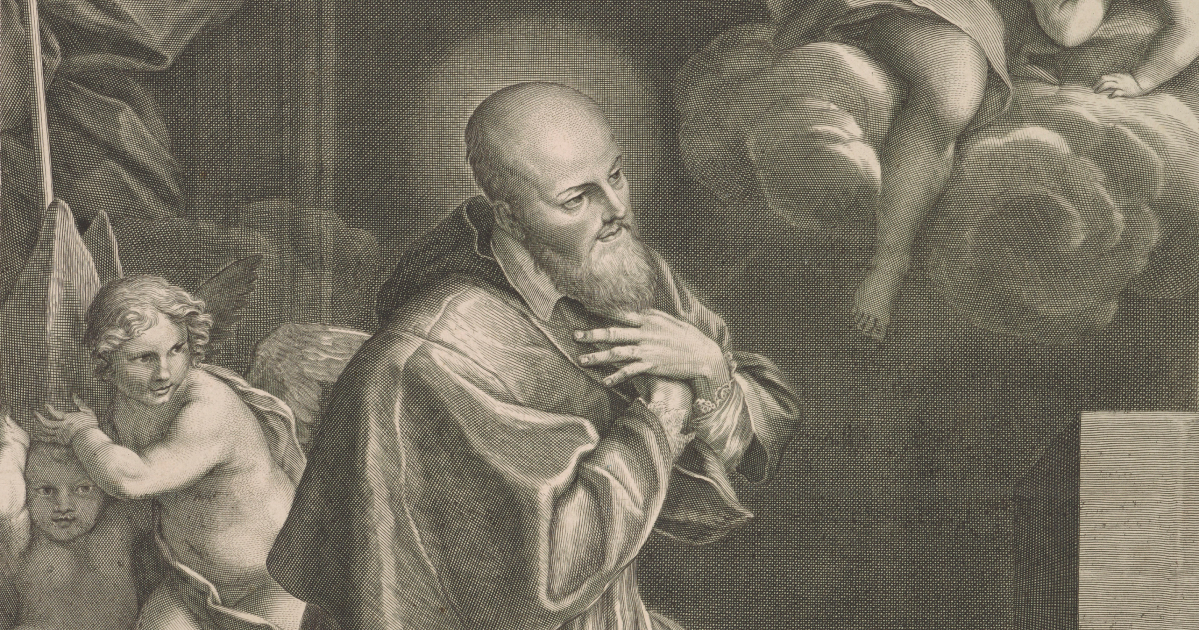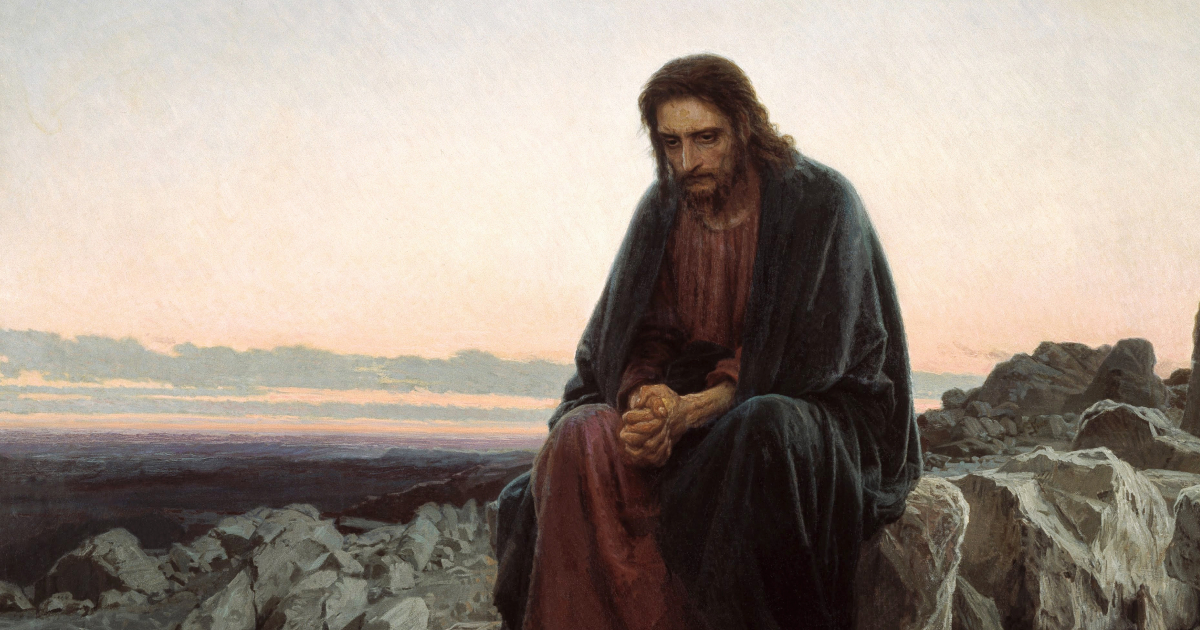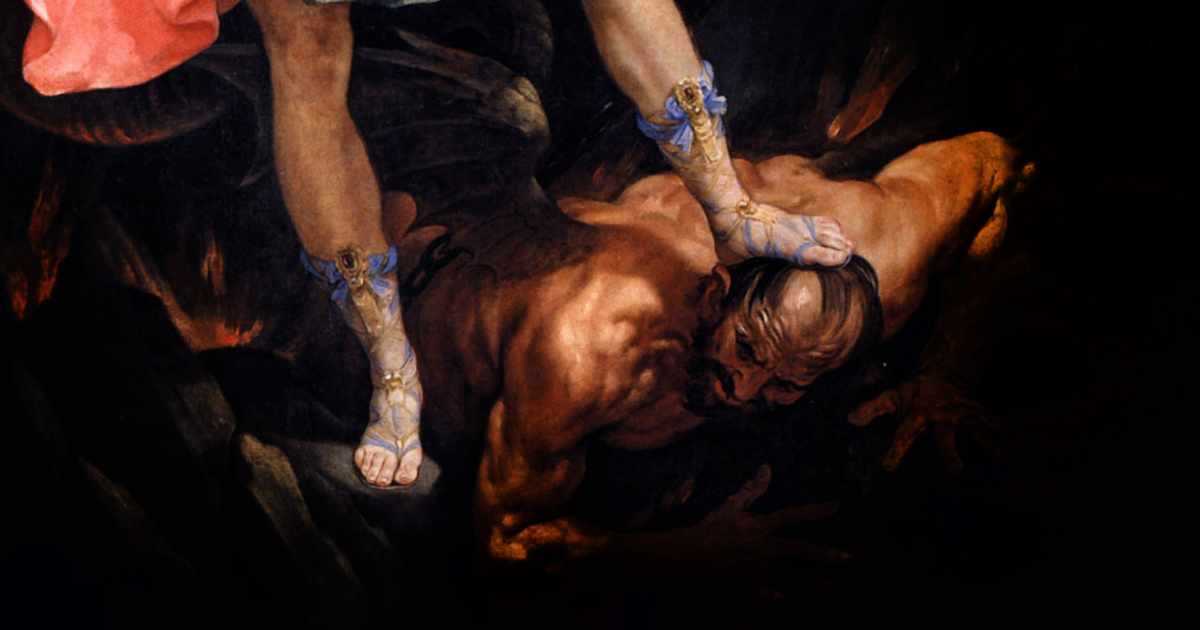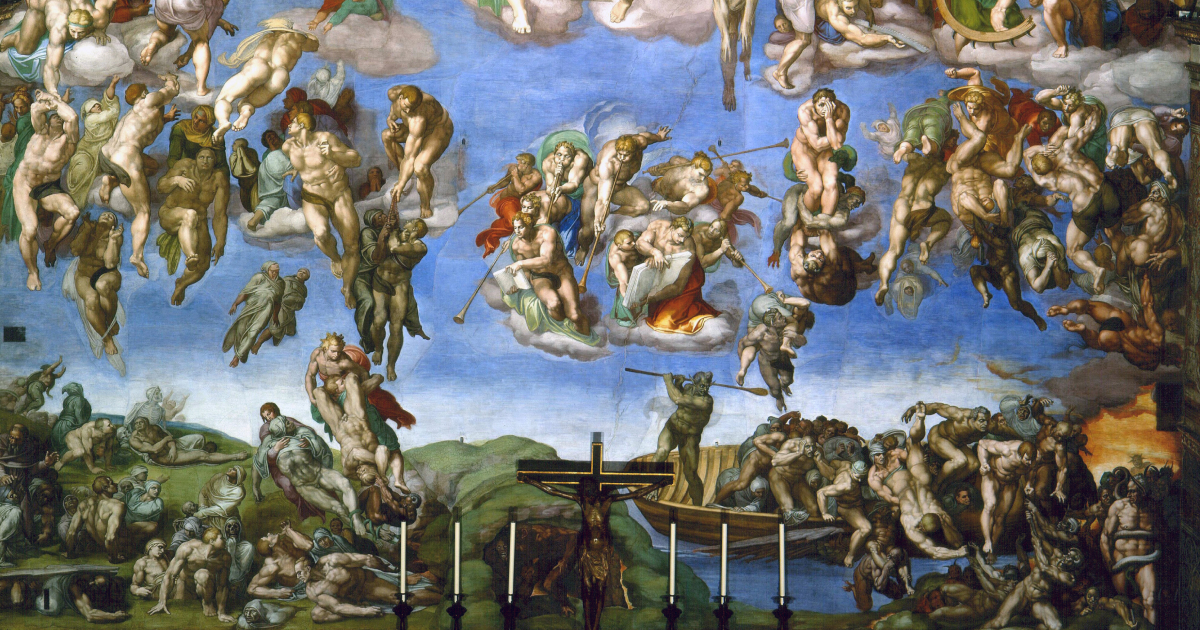At the launch of his new television series about The Saints, including Joan of Arc and John the Baptist, Academy Award winning director Martin Scorsese has spoken frankly about faith, redemption and the eternal question of religious doubts.
The 81-year old, former New York altar boy, whose Catholic background has permeated his films, revealed that Christianity had been central to his life and any doubts about faith were a natural part of the journey.
"You mention Christianity to many people today and they're shocked," said the legendary filmmaker.
"They look at me and they say, you believe in that stuff?
He went on: "For me, faith is a question. It's a question that I don't think is ever answered on many levels. First, on the most basic level, what we believe in will never be verified, so to speak.
"I've come to understand that faith and doubt are inseparable. It's the constant response to this incredible mystery that we’re living. The mystery of just being."
Church attendance is falling in America, as elsewhere in the West, but Christianity remains a hugely potent force in the fabric of US society,
Catholic voters across The States swung hugely towards former President Trump in the recent race for the White House favouring Trump over Harris. Meanwhile, recent polling suggests America's so called Gen Z could be on the cusp of a faith revival.
Scorsese, who in his younger years entered a Catholic seminary before focussing on movie making, acknowledged concerns about the power of religion.
"I know that there's a fear of religion, of the intimacy of belief and of believing, and of faith itself," he said.
"So, I think the message is: we're for people, for friends, we walked through the door of Christianity and seen radical love and radical redemption and radical acceptance.
"In order to do that, you have to expose yourself. You have to risk failure and embarrassment and rejection, all of this, at any given moment.
"But that's what gives you a way of possibly seeing more widely and deeply, widely and deeply through and beyond that which is the material, material possessions."
Scorcese's faith movies have been a significant part of his vocation including his 1988 adaption of Nikos Kazantzakis' The Last Temptation of Christ which triggered massive, worldwide controversy, and Silence in 2016 about the persecution of Christians in Japan.
He said The Saints is the product of a lifelong fascination with Catholic icons which began in childhood.
"I must have been about seven or eight years old. And I think it was in St Patrick's Old Cathedral.
"And what was fascinating to me was certainly the statues of these people, the men and the women. And somehow the stories that these statues implied or suggested, whether it was a statue of Santa Lucia, with the eyes on the plate that she had, or Saint Roco with his finger pointing to his wound on his leg and a little dog at his feet.
"So, these were things that we were living with, these saints. These statues almost became like people. And I wanted to know their stories."
Released on the Fox Nation channel on November 17th and hosted and narrated by Scorsese, his series traces the lives of eight historical figures beginning with St Joan, John the Baptist, St Sebastian and Maximilian Kolbe, a Polish priest who died at Auschwitz.
"I think it started with people just telling stories of men and women who did extraordinary things with extraordinary people, who stood up to injustice and cruelty, and risked their lives to help other people," Scorsese said.
So what drew him to St Joan?
"All right, let’s just do bullet points about her story," he smiled.
"Fourteen-year-old girl hears voices. The voices of saints. The Word of God. They tell her to dress in men's clothes, organise an army, lead French soldiers into battle to put the Armagnac King on the throne, which she does. She becomes a political liability. She's captured, she's tried, she's condemned, she's burned at the stake.
"And at that point, a dove soars from out of the fire, and the executioner can’t burn her heart. That's in a sense, hitting the high points of Joan’s life. And I think by the time she was burned, she was 19, so I think that's very compelling."
The series' second episode focuses on John the Baptist whose denunciation of King Herod Antipas's unlawful marriage led to his beheading.
"Well, John the Baptist, of course, we're used to seeing him strong and muscular and unshakable in movies. I mean, Charlton Heston did it very well in Greatest Story Ever Told, Robert Ryan did King of Kings. So many have played him so well," said Scorsese.
"I think you realise he must have been going through some real agony.
"You got to trek out into the desert, living on locusts and honey, and then trying to find a spiritual path, his spiritual path, which ultimately, I think he understood, ultimately is gonna lead to his martyrdom."
In the third episode viewers are transported to Rome where soldier Sebastian defied Emperor Diocletian's decrees against Christianity
"Well, I think in the case of Sebastian, it wasn't as simple as him just confronting the powers that be?" Scorsese continued.
"And he wound up leading a double life. But ultimately, he was responsible for the conversion of many Romans. And that meant, of course, that he was gonna be found out, which he was.
"The life of Sebastian, as we know it, is essentially a legend, which is based on certain facts that have been established. It's a really, I think a stirring story of someone giving his life for his faith and ultimately contributing to the spread of that faith in the empire.
The first season wraps with a profile of Polish priest Maximillian Kolbe who helped hide, feed and clothe 3000 Polish refugees - of whom around 1,500 were Jews - after the invasion of Poland by the Nazis in 1939.
Kolbe was arrested and sent to Auschwitz where he continued to work as a priest. When the guards selected 10 people to be starved to death in punishment Kolbe volunteered in place of a stranger. He was eventually executed by lethal injection.
Scorsese added: "Kolbe was born and raised in this really intense Catholic culture...devotional Catholic culture in Poland. And he went at his evangelical mission with extraordinary energy and zeal.
"This is a man who really ultimately followed the way of Christ day by day, person by person. And along with this, he was suffering from tuberculosis. He went with it all the way right up into the last breath he took, and that's what's so remarkable about it.
In a tribute to Kolbe, Scorsese concluded by quoting The Gospel of John: “Greater love has, is no person than the one who lays down his life for his friends.”
At the launch of his new television series about The Saints, including Joan of Arc and John the Baptist, Academy Award winning director Martin Scorsese has spoken frankly about faith, redemption and the eternal question of religious doubts.
The 81-year old, former New York altar boy, whose Catholic background has permeated his films, revealed that Christianity had been central to his life and any doubts about faith were a natural part of the journey.
"You mention Christianity to many people today and they're shocked," said the legendary filmmaker.
"They look at me and they say, you believe in that stuff?
He went on: "For me, faith is a question. It's a question that I don't think is ever answered on many levels. First, on the most basic level, what we believe in will never be verified, so to speak.
"I've come to understand that faith and doubt are inseparable. It's the constant response to this incredible mystery that we’re living. The mystery of just being."
Church attendance is falling in America, as elsewhere in the West, but Christianity remains a hugely potent force in the fabric of US society,
Catholic voters across The States swung hugely towards former President Trump in the recent race for the White House favouring Trump over Harris. Meanwhile, recent polling suggests America's so called Gen Z could be on the cusp of a faith revival.
Scorsese, who in his younger years entered a Catholic seminary before focussing on movie making, acknowledged concerns about the power of religion.
"I know that there's a fear of religion, of the intimacy of belief and of believing, and of faith itself," he said.
"So, I think the message is: we're for people, for friends, we walked through the door of Christianity and seen radical love and radical redemption and radical acceptance.<br><br>"In order to do that, you have to expose yourself. You have to risk failure and embarrassment and rejection, all of this, at any given moment.
"But that's what gives you a way of possibly seeing more widely and deeply, widely and deeply through and beyond that which is the material, material possessions."
Scorcese's faith movies have been a significant part of his vocation including his 1988 adaption of Nikos Kazantzakis' The Last Temptation of Christ which triggered massive, worldwide controversy, and Silence in 2016 about the persecution of Christians in Japan.
He said The Saints is the product of a lifelong fascination with Catholic icons which began in childhood.
"I must have been about seven or eight years old. And I think it was in St Patrick's Old Cathedral.<br><br>"And what was fascinating to me was certainly the statues of these people, the men and the women. And somehow the stories that these statues implied or suggested, whether it was a statue of Santa Lucia, with the eyes on the plate that she had, or Saint Roco with his finger pointing to his wound on his leg and a little dog at his feet.
"So, these were things that we were living with, these saints. These statues almost became like people. And I wanted to know their stories."
Released on the Fox Nation channel on November 17th and hosted and narrated by Scorsese, his series traces the lives of eight historical figures beginning with St Joan, John the Baptist, St Sebastian and Maximilian Kolbe, a Polish priest who died at Auschwitz.
"I think it started with people just telling stories of men and women who did extraordinary things with extraordinary people, who stood up to injustice and cruelty, and risked their lives to help other people," Scorsese said.
So what drew him to St Joan?
"All right, let’s just do bullet points about her story," he smiled.
"Fourteen-year-old girl hears voices. The voices of saints. The Word of God. They tell her to dress in men's clothes, organise an army, lead French soldiers into battle to put the Armagnac King on the throne, which she does. She becomes a political liability. She's captured, she's tried, she's condemned, she's burned at the stake.
"And at that point, a dove soars from out of the fire, and the executioner can’t burn her heart. That's in a sense, hitting the high points of Joan’s life. And I think by the time she was burned, she was 19, so I think that's very compelling."
The series' second episode focuses on John the Baptist whose denunciation of King Herod Antipas's unlawful marriage led to his beheading.
"Well, John the Baptist, of course, we're used to seeing him strong and muscular and unshakable in movies. I mean, Charlton Heston did it very well in Greatest Story Ever Told, Robert Ryan did King of Kings. So many have played him so well," said Scorsese.
"I think you realise he must have been going through some real agony.
"You got to trek out into the desert, living on locusts and honey, and then trying to find a spiritual path, his spiritual path, which ultimately, I think he understood, ultimately is gonna lead to his martyrdom."
In the third episode viewers are transported to Rome where soldier Sebastian defied Emperor Diocletian's decrees against Christianity<br><br>"Well, I think in the case of Sebastian, it wasn't as simple as him just confronting the powers that be?" Scorsese continued.
"And he wound up leading a double life. But ultimately, he was responsible for the conversion of many Romans. And that meant, of course, that he was gonna be found out, which he was.
"The life of Sebastian, as we know it, is essentially a legend, which is based on certain facts that have been established. It's a really, I think a stirring story of someone giving his life for his faith and ultimately contributing to the spread of that faith in the empire.
The first season wraps with a profile of Polish priest Maximillian Kolbe who helped hide, feed and clothe 3000 Polish refugees - of whom around 1,500 were Jews - after the invasion of Poland by the Nazis in 1939.
Kolbe was arrested and sent to Auschwitz where he continued to work as a priest. When the guards selected 10 people to be starved to death in punishment Kolbe volunteered in place of a stranger. He was eventually executed by lethal injection.
Scorsese added: "Kolbe was born and raised in this really intense Catholic culture...devotional Catholic culture in Poland. And he went at his evangelical mission with extraordinary energy and zeal.
"This is a man who really ultimately followed the way of Christ day by day, person by person. And along with this, he was suffering from tuberculosis. He went with it all the way right up into the last breath he took, and that's what's so remarkable about it.
In a tribute to Kolbe, Scorsese concluded by quoting The Gospel of John: “Greater love has, is no person than the one who lays down his life for his friends.”






